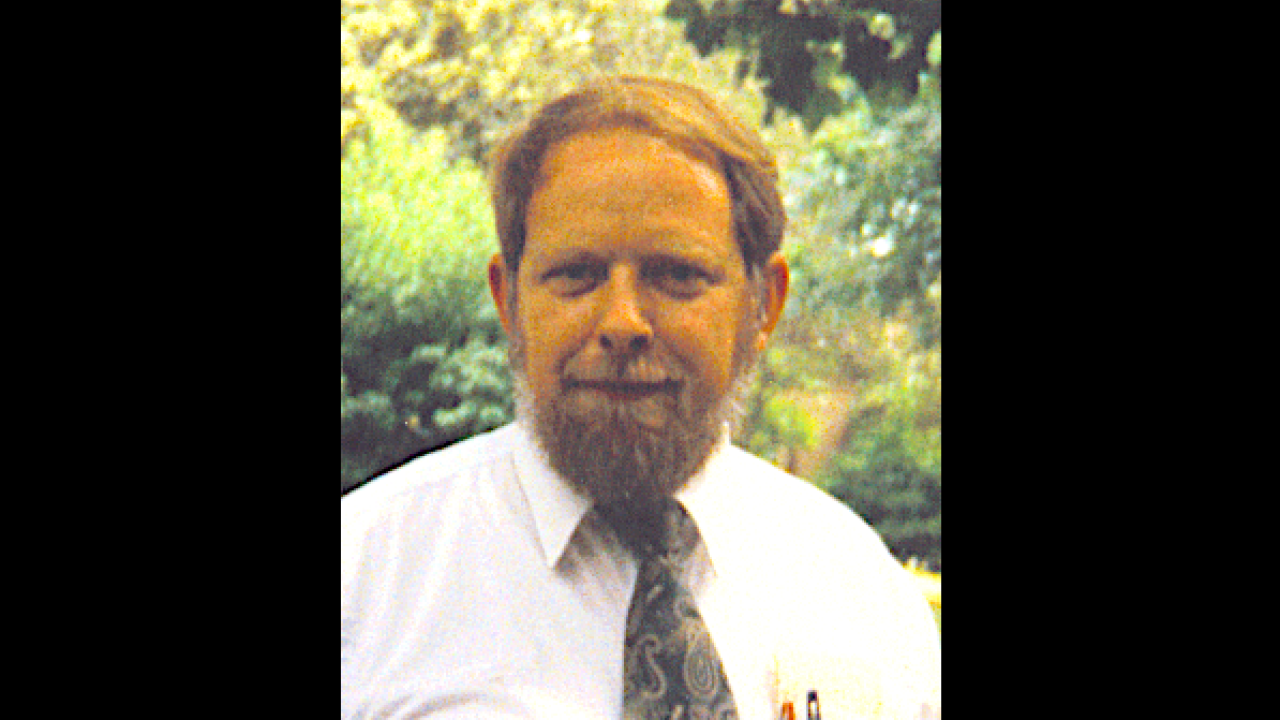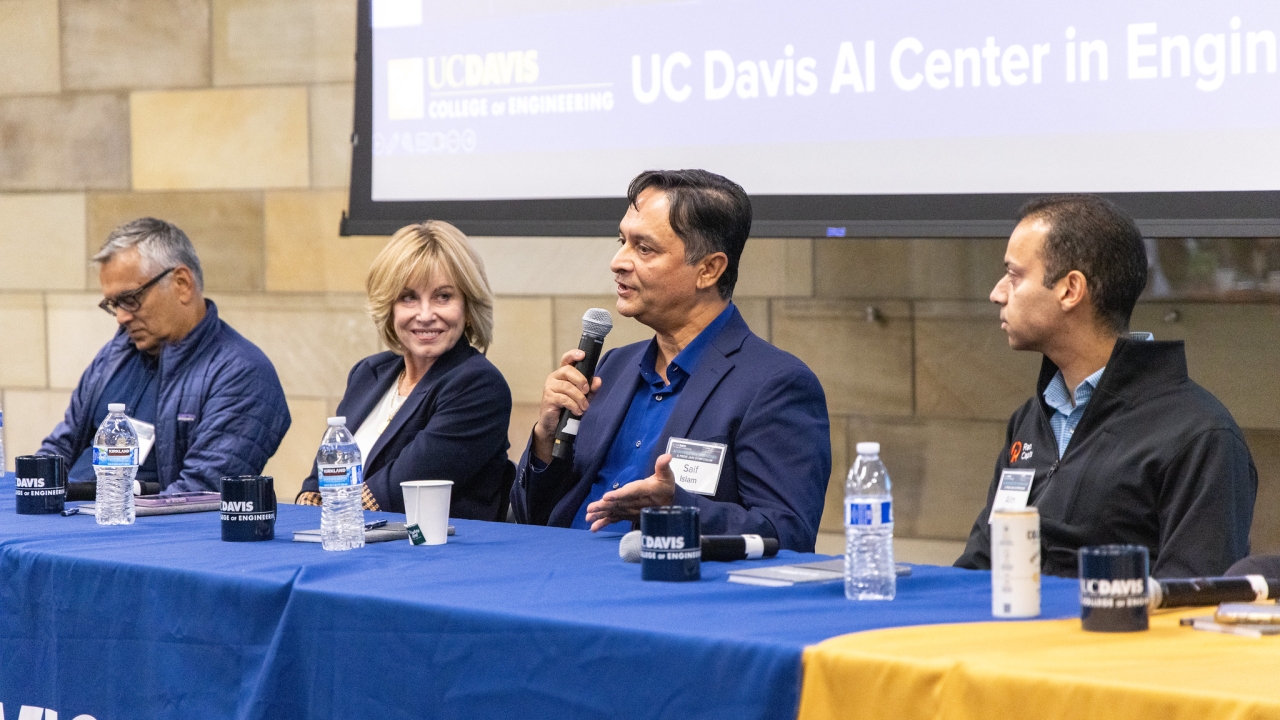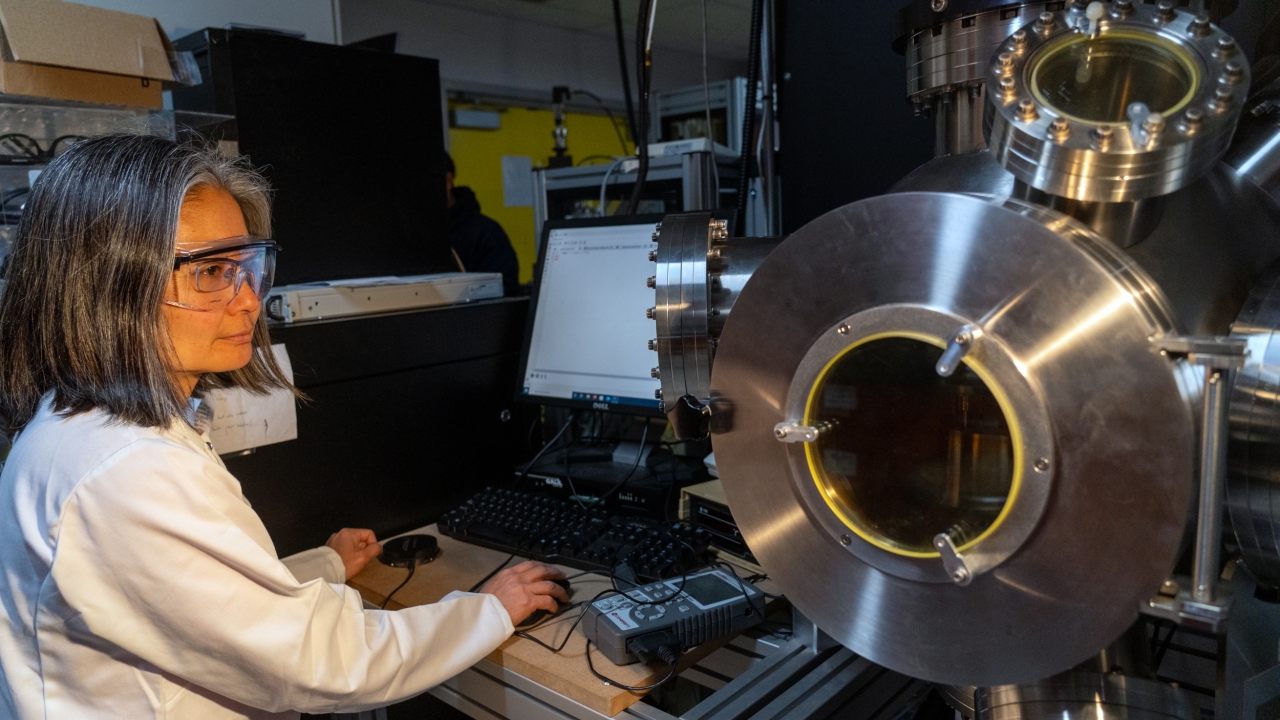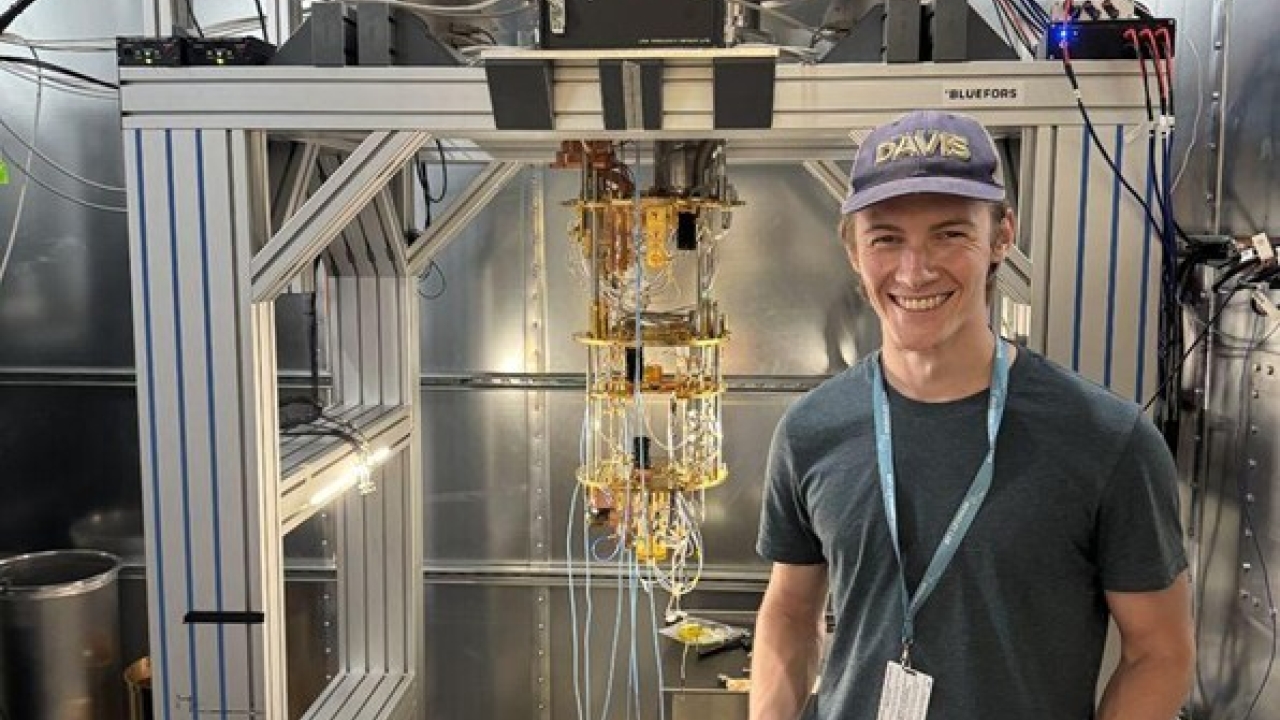
In Memoriam: John Churchill
Electrical and computer engineering (ECE) emeritus professor John Churchill, known as “Jack”, passed away on March 15, 2020 at the age of 86.
Churchill arrived at the UC Davis College of Engineering in 1968 and was one of the few faculty working in the broad area of electronic materials and solid-state devices at the time. He played an important role in developing the electrical and computer engineering department and created undergraduate coursework to provide the students with instruction and lab-based experience. He served as the vice chair of undergraduate education from 1991 until he retired from teaching in 1995.
“Jack was a very pleasant and hard-working person. He was very dedicated. When he came to Davis, our department was very young, there was a lot to do and he was quite active in building the department,” said Ralph Algazi, ECE emeritus professor.
After Churchill completed high school in Seattle, he enlisted in the U. S. Marine Corps in 1953. In boot camp, he achieved the highest score of his platoon in an aptitude test. This resulted in him being stationed in California, studying electronics, rather than being assigned to combat in the Korean War. After completing his military service in San Diego, Churchill enrolled in the University of Washington, where he received B.S. and Ph.D. degrees in electrical engineering. Churchill completed his post-doctoral studies at the Massachusetts Institute of Technology (MIT) before accepting a professorship at UC Davis.
At MIT, Churchill worked with the compound semiconductor and GaAs for high-speed transistors and brought that experience to Davis. He was the first person in electrical and computer engineering to encourage a complete solid-state curriculum for the undergraduate students. He also organized the construction of the first integrated circuit fabrication facility, then located on the third floor of Bainer Hall. This facility is now the Center for NanoMicro Manufacturing, or CNM2, in Kemper Hall. Although his research remained in the compound-semiconductor field, Churchill was a strong advocate for silicon-based transistor technology, long before “Silicon Valley” became a common term.
“I served on the ECE graduate program committee when Jack was its chair. I remember some very humorous discussions about student appeals. Jack was very principled, but caring and warm-hearted at the same time,” said Bernard Levy, ECE professor.
Churchill was a mentor to his colleagues and many undergraduate and graduate students and cultivated these students to succeed with skill and thoughtfulness.
“Jack was passionate about undergraduate education. He was good at adapting to change and was a great mentor to me,” said Andre Knoesen, ECE professor.
“Jack was an amiable colleague to the faculty, a fair and friendly co-worker with the staff and a much-appreciated teacher to the students,” added ECE professor Charles Hunt. “He was a voice of diplomacy and civility and listened carefully when he spent time with people.”
Churchill was born in Chehalis, Washington on October 11, 1933 and married his wife, Lorna, in 1958 after meeting her in a calculus class at the University of Washington. They had three children, Amy, Jason and Byron. Outside of work, he was a long-time music lover, and performed with multiple country western bands when he was younger. In addition to guitar, banjo, accordion and harmonica, his favorite instrument to play and listen to was the steel guitar. He was an ardent science and math enthusiast, and continued researching and writing well into his retirement. He was also deeply religious, had a profound appreciation for nature and enjoyed hiking, camping and backpacking.
His son Jason has very fond memories of his father and remembers going to work with him at Bainer Hall.
“He was the easiest-going person that I know and I wish I had more of his characteristics. He just tried to let nothing ruffle him, he didn’t complain and he always saw the good in people – he was just a great man.”
To connect with Jason Churchill and his family, please email jaachurch3@gmail.com, or call him at (541) 580-1763. The family has plans to hold a memorial gathering after COVID-19 restrictions are lifted.




